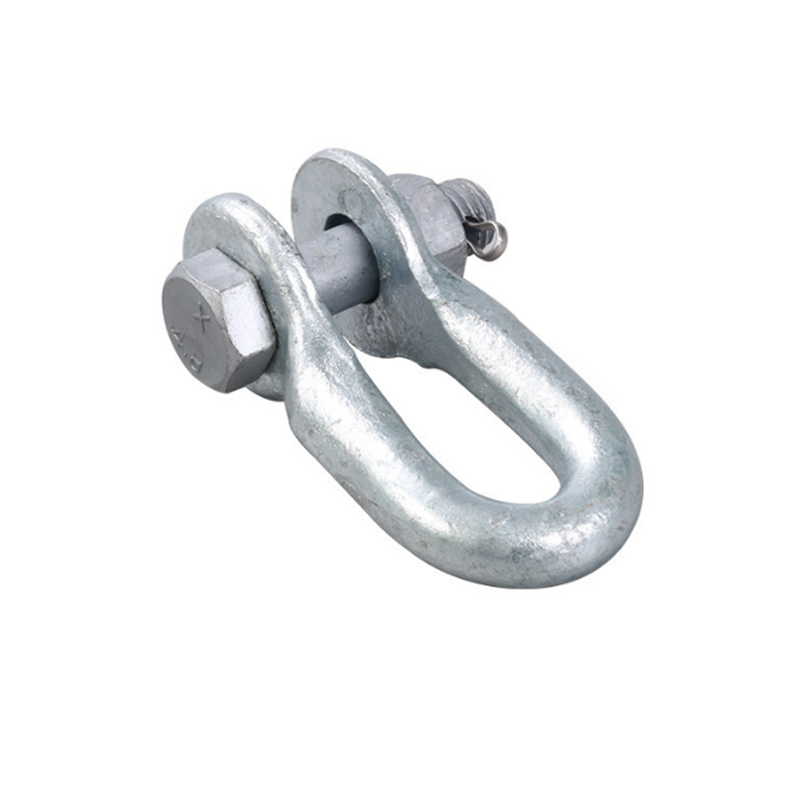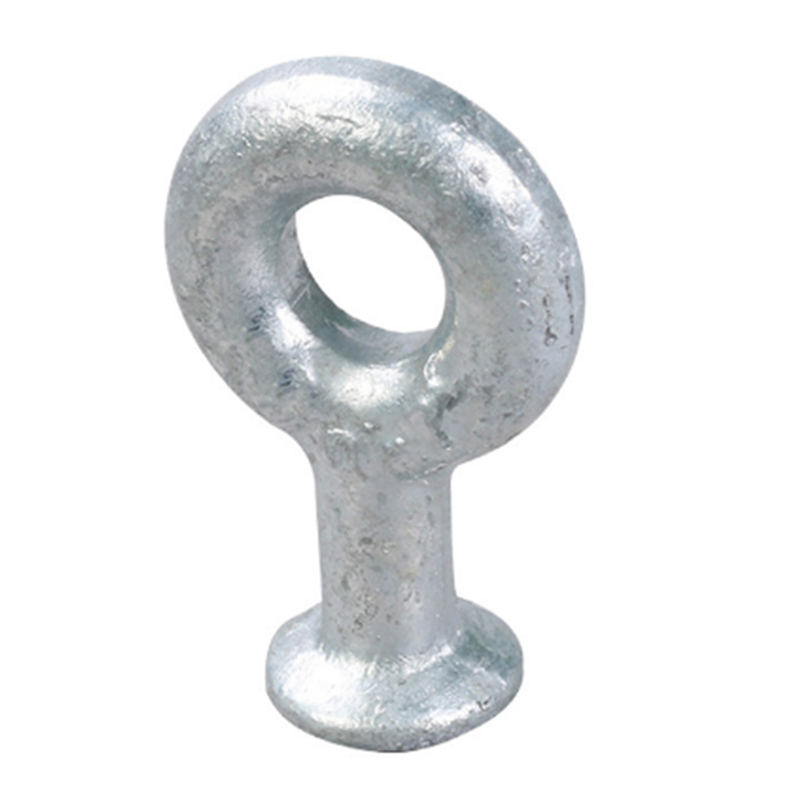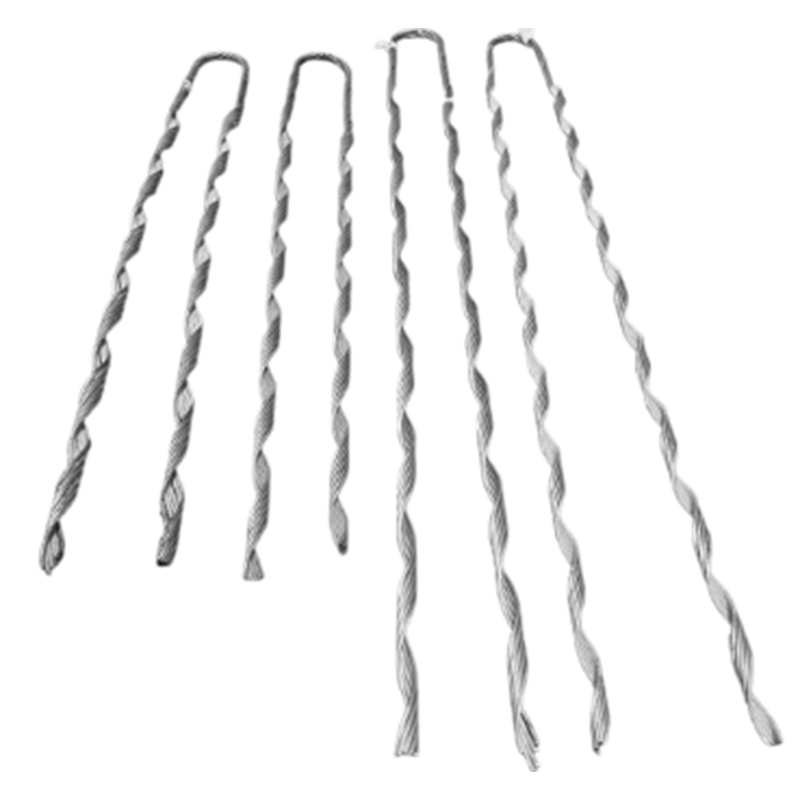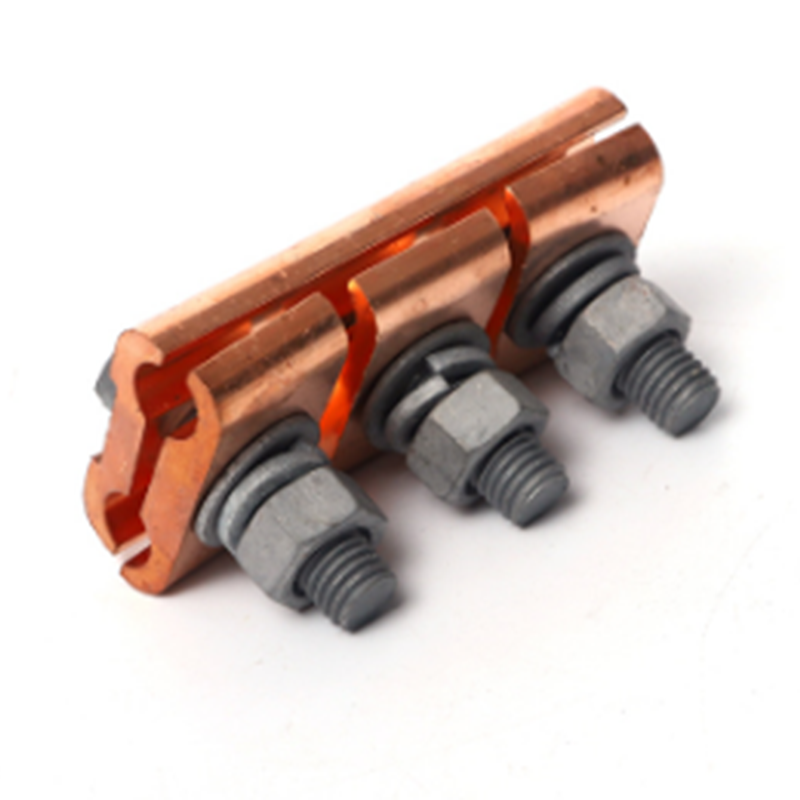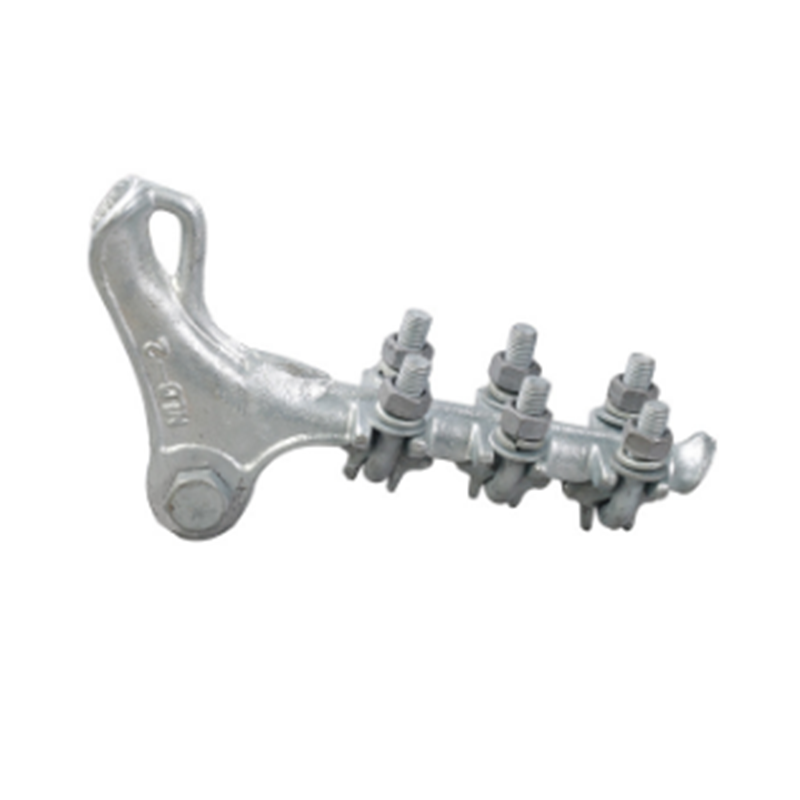- Chinese
- French
- German
- Portuguese
- Spanish
- Russian
- Japanese
- Korean
- Arabic
- Irish
- Greek
- Turkish
- Italian
- Danish
- Romanian
- Indonesian
- Czech
- Afrikaans
- Swedish
- Polish
- Basque
- Catalan
- Esperanto
- Hindi
- Lao
- Albanian
- Amharic
- Armenian
- Azerbaijani
- Belarusian
- Bengali
- Bosnian
- Bulgarian
- Cebuano
- Chichewa
- Corsican
- Croatian
- Dutch
- Estonian
- Filipino
- Finnish
- Frisian
- Galician
- Georgian
- Gujarati
- Haitian
- Hausa
- Hawaiian
- Hebrew
- Hmong
- Hungarian
- Icelandic
- Igbo
- Javanese
- Kannada
- Kazakh
- Khmer
- Kurdish
- Kyrgyz
- Latin
- Latvian
- Lithuanian
- Luxembou..
- Macedonian
- Malagasy
- Malay
- Malayalam
- Maltese
- Maori
- Marathi
- Mongolian
- Burmese
- Nepali
- Norwegian
- Pashto
- Persian
- Punjabi
- Serbian
- Sesotho
- Sinhala
- Slovak
- Slovenian
- Somali
- Samoan
- Scots Gaelic
- Shona
- Sindhi
- Sundanese
- Swahili
- Tajik
- Tamil
- Telugu
- Thai
- Ukrainian
- Urdu
- Uzbek
- Vietnamese
- Welsh
- Xhosa
- Yiddish
- Yoruba
- Zulu
- Kinyarwanda
- Tatar
- Oriya
- Turkmen
- Uyghur

Round head bolts
Understanding the Importance of Round Head Bolts in Fastening Solutions
When it comes to fastening solutions, Round head bolts often find themselves restricted to a niche due to a few misconceptions. Many believe these bolts are limited in application or that they lack the strength of other bolt types. Yet, in certain contexts, their unique design can offer advantages that are sometimes overlooked. Let’s delve deeper into their utility, drawing from practical experience in the industry.
What Makes Round Head Bolts Unique?
The primary appeal of Round head bolts lies in their rounded heads, which offer a sleek, smooth finish. This can be particularly advantageous in situations where reduced snagging or aesthetic considerations are of importance. From a practical perspective, the round head provides a broader surface to distribute load, which can be crucial in minimizing damage to the contacted surfaces.
Another often overlooked advantage is their ability to be used in tight spaces where larger tools might struggle to reach. This becomes evident in automotive applications, where space is often at a premium. Many a mechanic has cursed the unwieldy nature of other fasteners in such scenarios, where every millimeter counts.
In my early days at Shengfeng Hardware Fastener Factory, I remember a project involving industrial machinery where the mechanics debated fastener options. The decision to go with Round head bolts was pivotal, leading to reduced maintenance issues and a smoother surface for frequent contact.
Applications Where Round Head Bolts Shine
These bolts are a staple in furniture manufacturing due to their non-intrusive appearance. Imagine assembling a chair where the fasteners protrude harshly; this is where round heads blend seamlessly with the design. Their discreet profile offers not only functionality but also an enhanced aesthetic.
Moreover, in lightweight structures where material integrity is a concern, round head bolts serve well by distributing the stress evenly. They make a difference in signage installations where wind force plays a major role, preventing potential tear-outs that flat heads might cause over time.
Think of any basic street signage erected using these bolts – stability is essential, yet the components are lightweight. In regions with frequent storms, proper anchorage using round head bolts prevents failures that flat head designs have previously succumbed to.
Materials and Coatings: An Engineer’s Take
Choosing the right material and coating for Round head bolts can impact their effectiveness significantly. Stainless steel offers corrosion resistance while zinc-plated varieties provide a balanced approach for indoor applications. During a project involving outdoor installations, we opted for galvanized coatings which outlasted the alternatives substantially.
This was exemplified in a project with Shengfeng Hardware Fastener Factory, where the humid conditions demanded a reliable solution. The coated round head bolts resisted corrosion, standing up impressively to the elements. Such insights proved invaluable for similar scenarios thereafter.
Additionally, using specialized coatings can mitigate friction, ensuring ease during assembly and disassembly. It’s a minor detail that often saves considerable time and effort in large-scale operations.
Challenges and Observations in Implementation
A challenge commonly noted with Round head bolts is their initial perception of being lower in strength. To address this, ensuring proper material choice is pivotal. Alloy steel can elevate performance, matching the endurance required for more demanding applications.
Also, certain installations require precision that round heads can sometimes complicate due to their shape if not set correctly. In mechanical engineering projects, calibrating torque application is necessary to maintain structural integrity without over-tightening or under-tightening.
Reflecting on a particularly tight deadline project, we encountered difficulties with misalignment. Adjusting the technique for insertion proved effective, with lessons that the team promptly applied in subsequent tasks.
Concluding Thoughts on Round Head Bolts
Conclusively, while Round head bolts may not be the catch-all solution, their suitability in specific scenarios is undeniable. The experience from industry practices, particularly with manufacturers such as Shengfeng Hardware Fastener Factory, showcases their role in diversified applications, harmonizing function with form.
In the fastener landscape, these bolts will continue to find their place, especially as industries evolve towards more nuanced, aesthetic-oriented designs. Moving forward, understanding the interplay of material, context, and design will be central to leveraging their full potential.
For more insights and detailed specifications, visit Shengfeng Hardware Fastener Factory's website at https://www.sxwasher.com.
Соответствующая продукция
Соответствующая продукция







